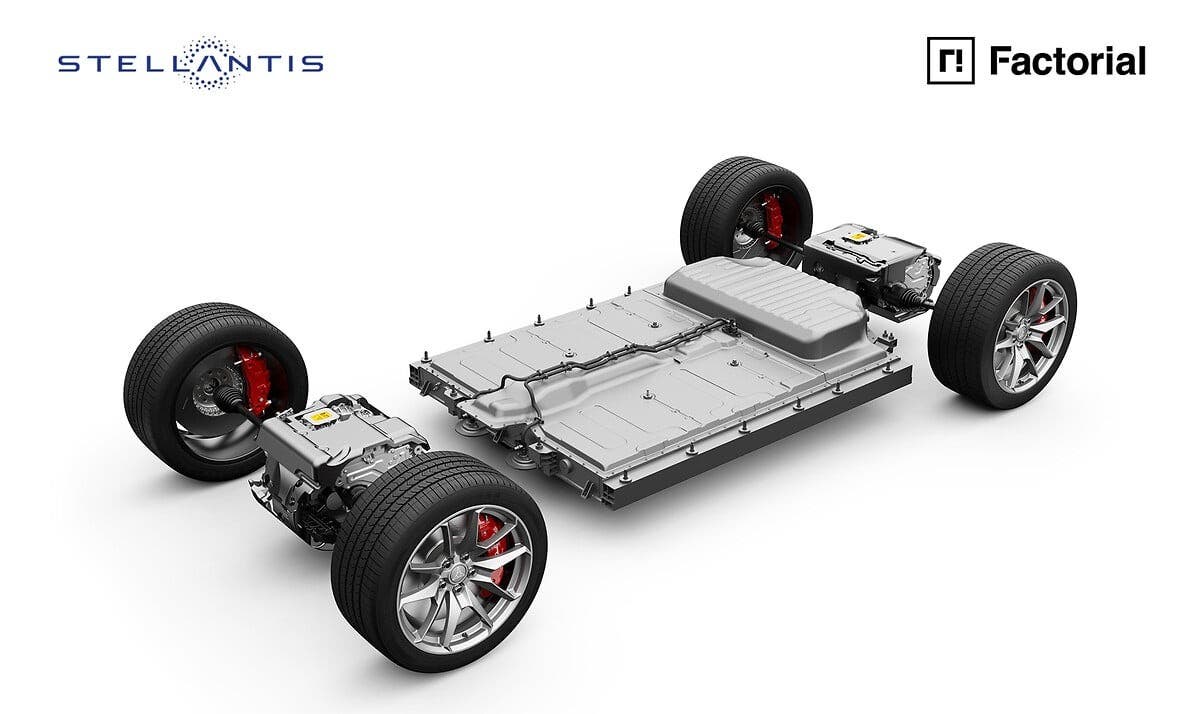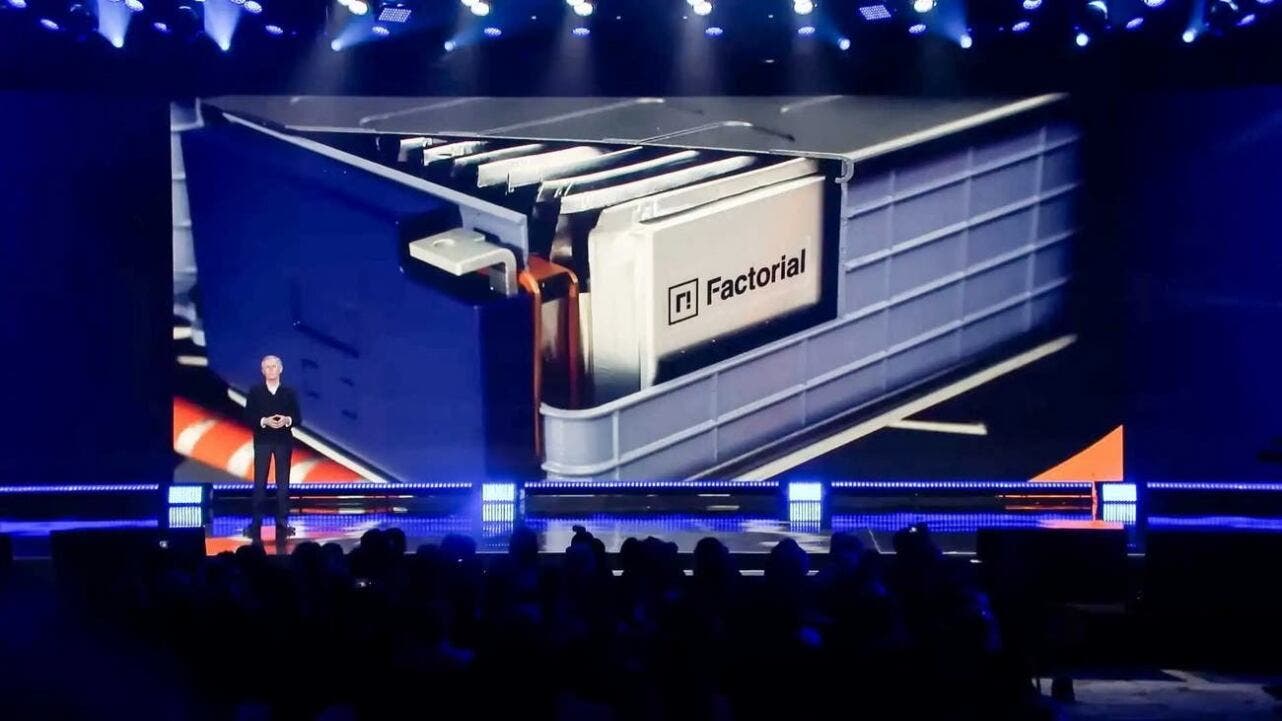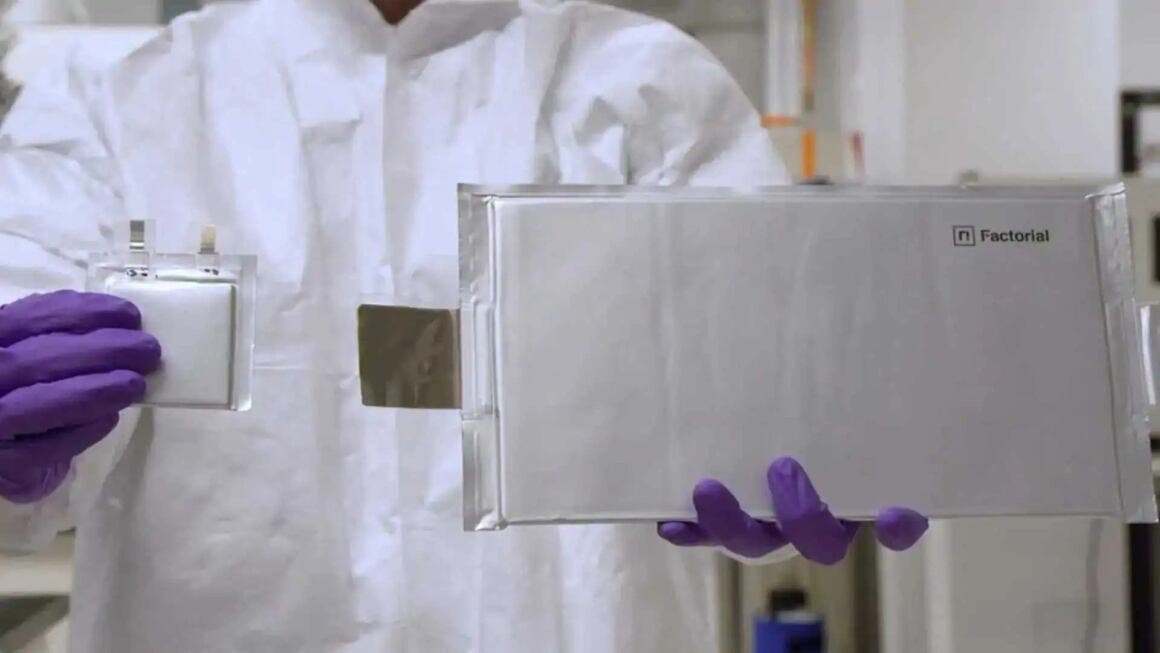US-based Factorial, a startup specializing in solid-state battery development and backed by partners like Stellantis, has unveiled Gammatron, a new artificial intelligence-based platform designed to accelerate the development of next-generation energy storage systems.
Factorial presents Gammatron: the AI platform that revolutionizes solid-state battery development

Developed internally, Gammatron was created to overcome traditional research and development bottlenecks, offering advanced predictive tools capable of estimating battery lifespan, optimizing charging cycles, and identifying new chemical combinations in reduced timeframes.
Unlike more conventional AI solutions, which are limited to analyzing data on a macroscopic scale, Gammatron combines artificial intelligence, molecular models, electrochemistry, and physical simulations, enabling a more comprehensive approach. According to Siyu Huang, CEO of Factorial, this technology allows predicting the long-term performance of a battery after just two weeks of initial testing, compared to the traditional 3-6 months required with standard methods.
Gammatron integrates three main functionalities: an advanced digital twin that monitors cell health status and optimizes fast charging; a machine learning-enhanced molecular modeling system to accelerate electrolyte research; and a physical platform that simulates internal battery phenomena, such as heat, mechanical deformations, and degradation processes, aspects that would normally require lengthy experimental testing.

According to the company, Gammatron has already been employed in joint development between Factorial and Stellantis, helping to speed up battery validation and, in some cases, doubling prototype lifespan without intervening in cell chemistry.
“Batteries are dynamic and complex systems,” explained Raimund Koerver, vice president of commercial development at Factorial. “Most platforms are limited to superficial learning, while Gammatron goes beyond, showing engineers which modifications to materials or design can improve durability and efficiency. It’s not just about predicting results, but concretely optimizing them.”
A step forward that could significantly accelerate the transition toward more performant and durable batteries, with a direct impact on development times and costs in the automotive sector.
